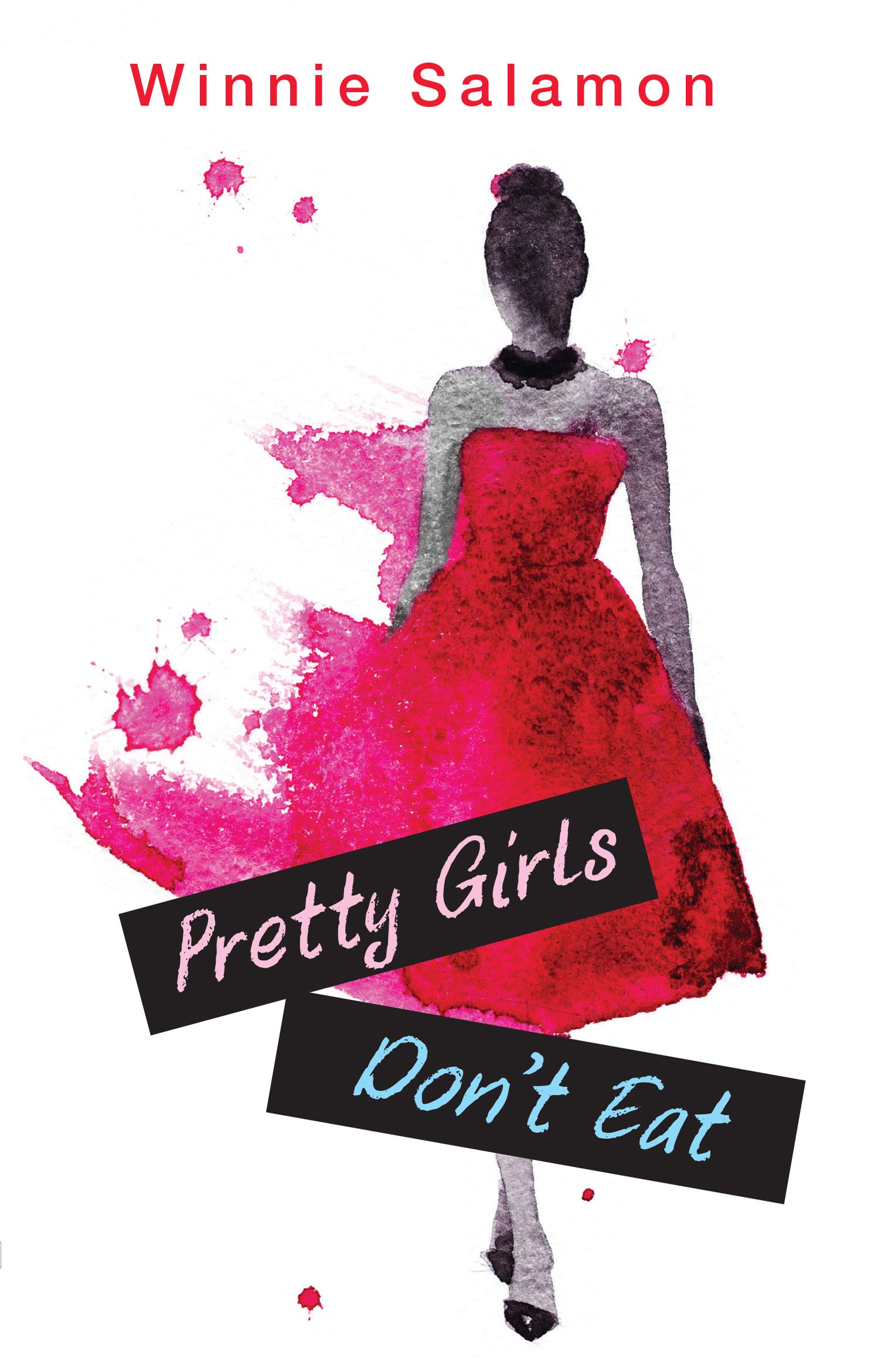- ISBN:9781925272772
- Publication date:1 July 2017
- Extent:208
- Format:B format paperback
- Genre: contemporary fiction
- Age guide: Older Readers, 13+
Pretty Girls Don’t Eat
By Winnie Salamon
$17.95
Sixteen-year-old Winter Mae Jones knows exactly what she wants: a career in fashion design. There’s only one thing standing in her way – ‘fat girls’ don’t work in the fashion industry.
So Winter decides to take matters into her own hands. She goes on a diet, which at first makes her feel fab and in control. It’s only when things get out of hand that she comes to realise that, not only has she less control than she thought, but also that her weight has nothing to do with what’s holding her back.






Claudia Trotter –
We are bombarded everyday with images of how the female body is supposed to look. In her light-hearted novel, Winnie Salamon captures the unrelenting issue of body image. She explores the daily pressures felt by teenage girls to maintain a socially acceptable weight and body type through the character of Winter Mae Jones. The novel, narrated by the protagonist Winter, tells the story of a sixteen-year-old girl who is overweight and uncomfortable with her appearance. However, Winter has a remarkable talent for fashion design.
Her journey of eventual self- acceptance is filled with obstacles and enhanced through the help of her two best friends, the beautiful and intelligent Melody and skinny-legged, compassionate George. The short and succinct chapters allow the novel to move at a pace readers are easily able to follow, with regular scene changes and varying characters. Salamon vividly encapsulates somewhat mundane everyday experiences like trying on a dress in a fitting room; she comically expresses exactly how one feels when it doesn’t quite fit over your thighs and the wash of shame felt when you have to request a size up.
The characters are well balanced, in particular Melody who has a model-like thin frame and a striking Eurasian appearance whilst simultaneously being the smartest girl in school. However, her disjointed home life and neglect as a child adds weight to her story, inhibiting her from being the idealistic teenage girl she initially appears to be. The occasional direct address to the reader from the character Winter is exceptionally powerful and the rhetorical questions provoke the reader to reflect on their own perspective surrounding body image and consider whether Winter is right to feel the way she does. Although the novel is centred around such a harrowing topic, Salamon positions the issue within a joyful coming of age story with humorous dialogue and likeable relationships between the characters. An incredibly relatable book for teenagers and an enjoyable read, very hard to put down!
Abigail Cini –
Winter Mae Jones knows what she wants to do with her life – she wants to work in fashion design and see her own designs on sale. She is warm, kind and has a talent for sewing, and her friends think so too. Her family is supportive but, at times, Winter feels scrutinised by her image-obsessed mother.
After Winter meets Oliver, the first boy she has met who shares her enjoyment for 80s music and classic movies, she begins to doubt herself. Suddenly she loses her self-confidence and becomes convinced that she must be skinny to become a fashion designer and be loved by a boy.
Things start off small when Winter stops snacking between meals and swaps chocolate for fruit juice. Winter sees results and that is what keeps her going. But soon, things spiral out of control and she lands in hospital. With her friends and family by her side, Winter begins to heal. She learns to love herself again and to believe that she can achieve any dream she sets her mind to.
Winnie Salamon shines a light on a complex topic in an approachable way. It is a sensitive portrayal of eating disorders; when every mouthful is a number and feeling full becomes a fear. In a society where the quest for beauty and perfection can place pressure on teenagers, body acceptance and self-empowerment are at the heart of Pretty Girls Don’t Eat.